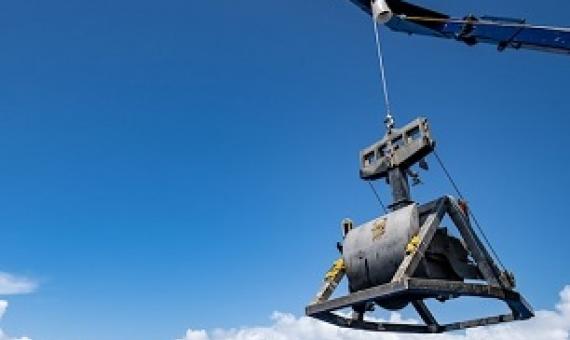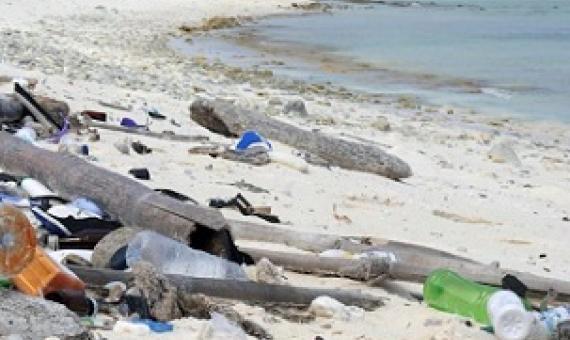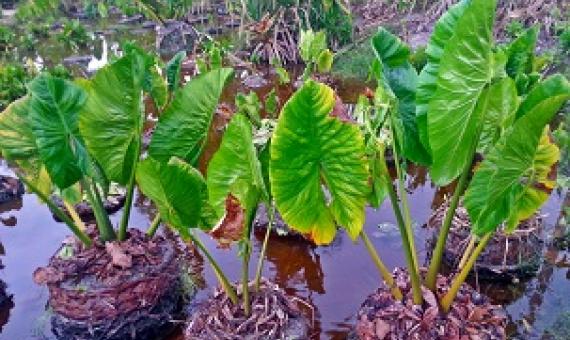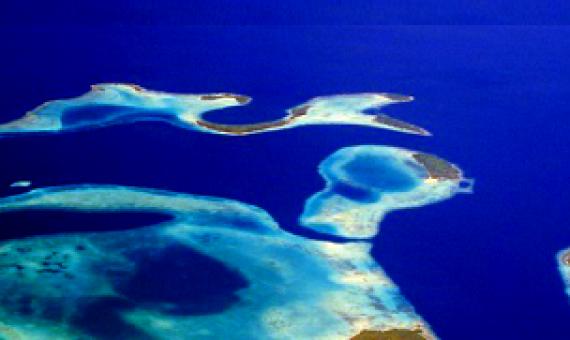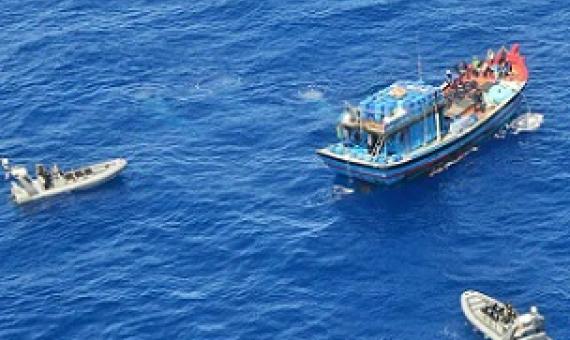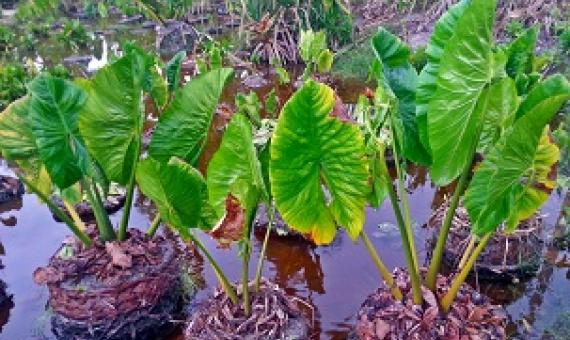Electric robots will soon be crawling along the sea floor and sucking up precious metals through a giant straw in a controversial trial to mine some of the ocean's deepest, most pristine environments. Deep-sea mining operator The Metals Company has been granted approval by the Inte
In seven to eight years, the Pacific will no longer be able to rely on the ocean for food security or as a source of livelihood as it does today because of plastic pollution. Experts say that by 2030, up to 53 million metric tonnes of plastic pollution will annually affect the livelihoods of
Pacific Islanders are no strangers to disasters. For millennia, island peoples have coped with and adapted to disasters like tropical cyclones and tsunamis, as well as unpredictable shifts in precipitation patterns, leading to droughts and floods.
Plundering the Pacific for its rich natural resources has a long pedigree...There are worrying signs history may be about to repeat, as global demand soars for minerals critical to the clean energy transition.
Pacific Islands Framework for Nature Conservation and Protected Areas 2021-2025
This new Pacific Islands framework for Nature Conservation and Protected Areas 2021-2025 was endorsed during the conference and subsequently at the 30th SPREP Meeting by 26 members countries and territories in 2021. It reflects the urgent need for transformative action in response to the multiple accelerating threats, both established and emerging, that are faced by nature and people in the Pacific. It identifies the key regional priorities for action which form the six Strategic Objectives for the Framework.
A new satellite system is being deployed by a U.S.-led alliance to help Asian nations protect their seas from illegal, unreported, and unregulated (IUU) fishing.
Pacific Islands Regional Marine Species Programme 2022–2026
The Pacific Islands Regional Marine Species Programme (Marine Species Programme) of the Secretariat of the Pacific Regional Environment Programme (SPREP) is a regional strategy for conserving and managing dugong, marine turtles, whales and dolphins, sharks and rays, and seabirds, referred to throughout this document as marine species. The programme is designed to support SPREP Pacific island countries and territories, excluding metropolitan Members.
Na Vuku Makawa ni Qoli: Indigenous Fishing Knowledge (IFK) in Fiji and the Pacific
The time-tested Indigenous fishing knowledge (IFK) of Fiji and the Pacific Islands is seriously threatened due to the commercialization of fishing, breakdown of traditional communal leadership and oral knowledge transmission systems, modern education, and the movement of the younger generations to urban areas for work and/or study. Consequently, IFK, which has been orally transmitted for generations, has either been lost, not learned by the current generation, or remains undocumented.
In Solodamu, a village on the craggy northern coastline of Fiji’s densely forested, sparsely populated Kadavu Island, Suliasi Lau looks back at the COVID-19 lockdown of early 2020 with a note of nostalgia. “It was a beautiful time,” he says.

